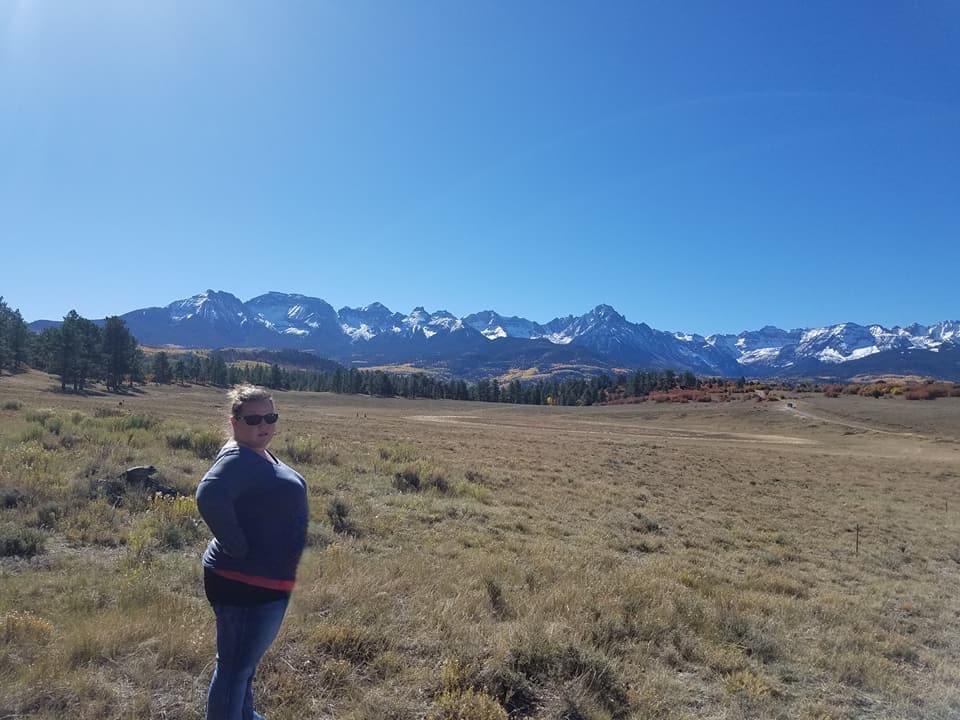School is remote. Is it okay for my kid to stay home alone?

By Yolanda Arredondo
September 2020
With a significant number of Colorado schools teaching students remotely in order to stop the spread of COVID-19, many children and youth are at home for remote learning during the school day. This means that families with parents working outside the home must arrange for child care, teaching pods, or other alternatives. Some families, especially when money is tight, consider leaving their children and teens home alone. So how do you know if your son or daughter is ready to be safely left home alone? And when is it ok to let your older child watch a younger sibling?
These are questions parents frequently ask themselves – perhaps now more than ever. They are also questions that the CO4Kids Public Awareness Campaign receives regularly, either because a parent wants to know the law or a neighbor is concerned about a child in the neighborhood.
When making this decision, consider these factors:
There is not a specific age in Colorado when a child can legally stay home alone. It is your decision.
The laws of Colorado do not set a specific age after which a child legally can stay home alone. When thinking about leaving children alone, whether, for a short or long time, it is important for parents to consider the risks involved. There are many potential risks to children that must be considered. There are also risks for parents as well. Parents in all states are legally responsible for their children’s welfare until they reach adulthood. Part of caring for children is providing adequate supervision. Under some circumstances, a parent can be charged with neglect for leaving children unattended. In general, Colorado has accepted the ages of 10 to be alone and 12 to babysit as a guideline for when it might be appropriate for a child to be left alone for short periods of time. This standard is based upon the Colorado Child Labor Law, which deems 12 years as the minimum age for employment, for example, as a babysitter.
Things to think about when deciding if your child is ready to be more independent:
When determining your child’s readiness for more independence, it may be helpful to think about the same things that a child protection caseworker would when determining child neglect.
- Is your child capable of taking care of and protecting themselves?
- Is your child mentally capable of recognizing and avoiding danger and making sound decisions?
- Is your child emotionally ready to be alone? Will they feel confident and secure or feel afraid, lonely or bored?
- Does your child know what to do and who to call if a problem or emergency arises?
- Does your child have any special physical, emotional or behavioral problems that make it unwise to leave them alone?
If you are considering whether your child could be left home alone for remote learning, ask:
- Does your child understand how to properly navigate the technology required to access his/her school’s online instruction?
- Is your child able to self-regulate their behavior with no adult oversight in online classrooms?
If you are feeling like all of these questions are leading you down a path of letting your child stay home alone, the Colorado Department of Human Services highly recommends having your child take the Red Cross – Be a Safe and Successful Babysitter course, offered online and in-classroom format for all ages. You can also opt to get certified in First Aid and CPR/AED through the Red Cross.
When to make the call. Is this an independent kid or child neglect?
The reality is, we know that Coloradans are hesitant to make the call. In a recent survey of Coloradans, 65 percent said they were hesitant to make the call because they “don’t know enough about the situation and worried that they might be wrong.” But, it is important to remember, families are often like icebergs. You may only see what is above the surface. Your call could help prevent something tragic from occurring in the future. You never know. By making the call any time, and every time, you are concerned about the well-being of a child or a teenager you are playing an important role in the prevention of child abuse and neglect in Colorado. We encourage community members to dial the Colorado Child Abuse and Neglect Hotline 844-CO-4-KIDS (1‑844‑264‑5437) and let the professionals make the call as to whether or not a child is being abused or neglect. Even if a child hasn’t experienced child abuse or neglect, your call could lead to getting a family a better support network.
Remember, everyone plays a role in strengthening families.
If you are thinking about making the call because a parent in your neighborhood may be neglecting their child, it also never hurts to offer to help with childcare. Few parents would turn down a free babysitter if they need child care. It is entirely possible that your neighbor has decided that their child is ready to be more independent and that is ok. In Colorado, there are laws in place to guide the child welfare professionals’ response and help strengthen families. The issue is not clear cut, for good reason. Utah became the first state to create a “free-range” parenting law to change the state’s definition of neglect to allow children of “sufficient age and maturity” to engage in independent activities like walking to and from school or staying home alone. Colorado’s laws already allow parents space and flexibility to parent their own children.
Essentially, professionals ask three main questions to determine whether a parent or legal guardian is neglecting a child by not providing adequate supervision:
Question #1 – How mature is the child?
- Investigators will measure the child’s maturity level by asking:
- Is the child capable of taking care of and protecting themselves?
- Is the child mentally capable of recognizing and avoiding danger and making sound decisions?
- Is the child emotionally ready to be alone? Will they feel confident and secure or feel afraid, lonely or bored?
- Does the child know what to do and who to call if a problem or emergency arises?
- Does the child have any special physical, emotional or behavioral problems that make it unwise to leave them alone?
Question #2 – Who is responsible for the child?
If parents have not left the child in the care of another, investigators will ask:
- Where are the parents?
- Can the parents get home quickly if needed?
- Can the parents be reached by phone?
- Do the children know where the parents are and how to reach them?
If parents have left someone else in charge, investigators will ask whether that person is mature enough to provide good supervision and to protect the child. They will want to know information about the caretaker that is similar to that requested in Question #1.
Parents should remember that a child who can take care of themselves may not be ready to take care of a younger child. Legally it may be fine to leave a mature 11-year-old alone; but to leave that child in charge of a toddler, preschooler or kindergartner may be considered child neglect. Younger children often need more care than an 11-year-old can give. And if an emergency comes up, the 11-year-old might not be able to keep everyone safe.
Question #3 – What is the situation?
What is appropriate under some circumstances may be considered child neglect under other circumstances. Investigators will ask:
- When and for how long are the children left alone?
- Have the parents arranged with nearby adults to be available in case a problem arises?
- Is there any family history of child abuse or neglect?
Really, no parenting decision is easy.
Parents need to think carefully about many things before leaving their children alone. And this is important even if you only leave your child alone occasionally. Putting children in situations they can handle can help teach them independence and responsibility. But asking too much too soon can be a frightening and potentially dangerous situation – for both the child and the parent.
If after reading all of these questions and talking to your child, you don’t feel they are ready and still need child care, check out Colorado Shines to find quality childcare near you.
Find other FAQ’s about child abuse and neglect in Colorado and the signs of child neglect on this website. Trust your instincts and call the Colorado Child Abuse and Neglect Hotline 844-CO-4-KIDS (1‑844‑264‑5437), available 24 hours a day, every day, to report any concerns about the well-being of a child. Anyone witnessing a child in a life-threatening situation should call 911 immediately.
More Posts



